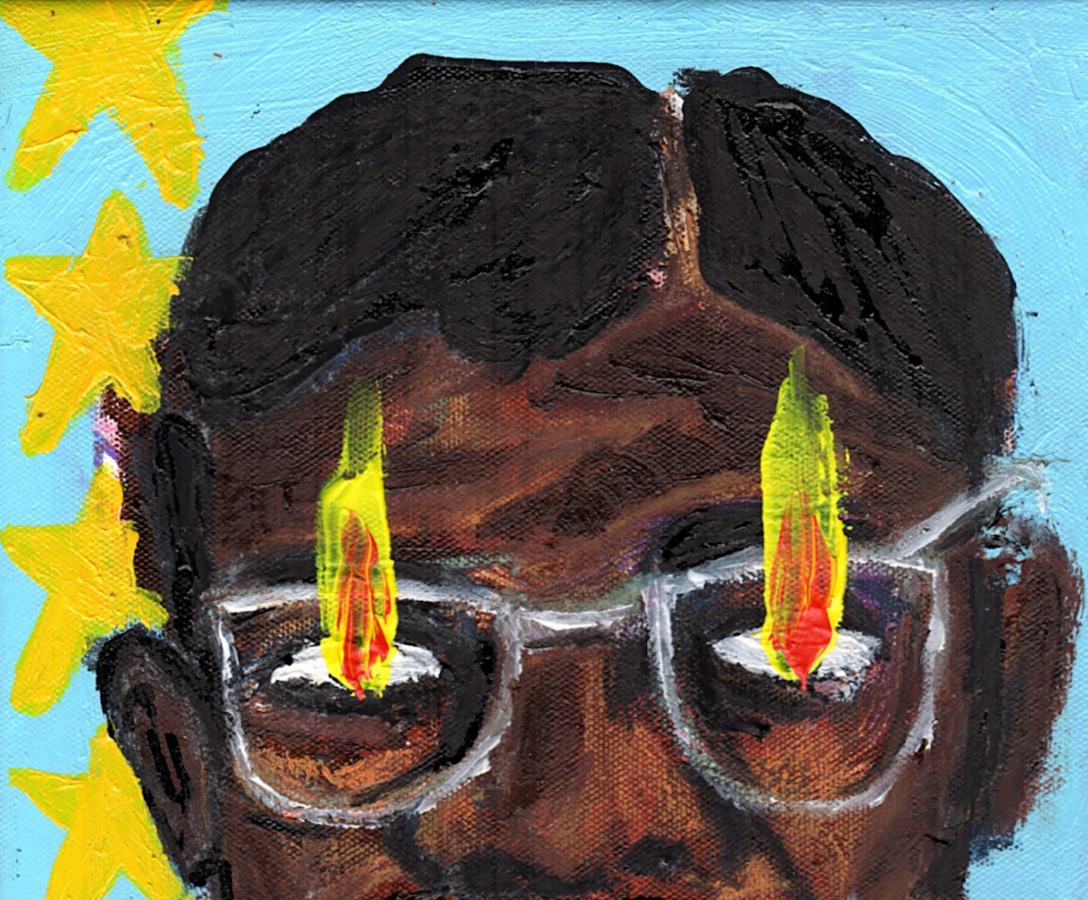Projecting Congo
Pan-African Arts & Archives

Congolese rumba and Lumumba as an international icon of resistance are some of the best-known examples of the Congolese addition to pan-African thought. However, the country’s contributions to feminism and quilombismo, an emancipatory philosophy that originated in Afro-Brazilian communities, are less recognized. This one-day conference explores how all these artistic and intellectual productions born in the wake of pan-African ideas have travelled to and from Central Africa; how it resonates with the present and shapes new futures. Together, these discussions propose a renewed outlook upon the relationship between Panafricanism, arts and archives from a Congo's perspective.
MORE INFO & RESERVATION
With Gia Abrassart, Bambi Ceuppens, Sandrine Colard, Sofia Dati, Matthias De Groof, Kalaf Epalanga Ângelo, June Givanni, Charlotte Grabli, Sammy Baloji, Stéphane Kabila Kyowa, Joseph K. Kasau, Alain Kassanda, Yala Kisukidi, Pedro Monaville, Toma Muteba Luntumbue, Zahia Rahmani and Kasia Redzisz.
Panel 1 (FR) – Pan-African Resistance in Congolese Perspectives: Quilombo, Feminism and Print Cultures
Political resistance has been at the heart of Pan-African thought. This panel explores archival, philosophical and artistic strategies of resistance and their re-actualization in the 21st century.
Panel 2 (EN/FR) – Congo and Pan-African Icons
The production of icons and pictures has been crucial in rallying the disparate geographies of Pan-Africanism. This panel examines how the still and moving image have produced, animated and altered political thought.
Panel 3 (EN/FR) – The Pan-African Overflows of Congolese Rumba
A pivotal heritage of Pan-Africanism long before it became officially recognized as such by UNESCO, Congolese Rumba is a music steeped in Black transnationalism. This panel examines how it has continued to resonate as a sonic Black political resistance and anthem of aliveness.